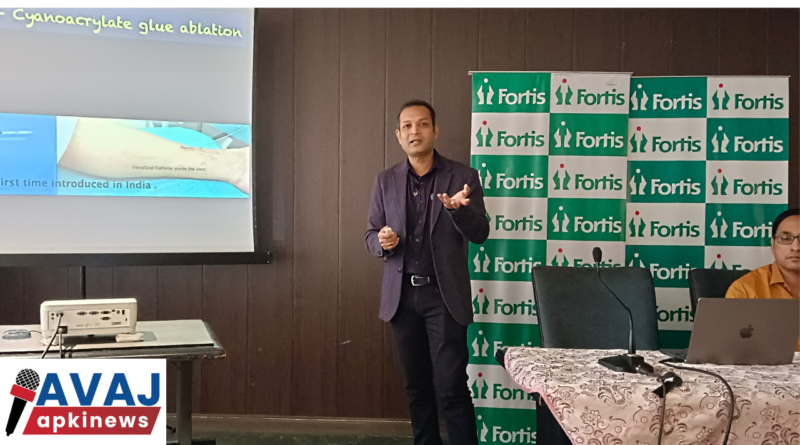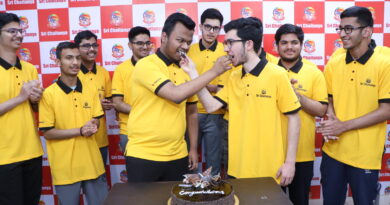Patients with complex varicose veins successfully treated via advanced Foam Sclerotherapy & laser treatment at Fortis hospital Mohali
— Dr Ravul Jindal says the procedure is less painful and lasts about 30 minutes;
patients are discharged on the same dayand can resume daily activities —
Ludhiana, September 9, 2022: ( AVAJ APKI NEWS )
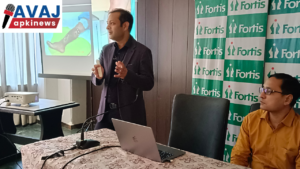
Forty-one-year-oldDr Tarun Bedi, a resident of Ludhiana, was facing a challenging time as he was suffering from bilateral varicose veins (swollen and tortuous veins) which lead to acute leg pain, heaviness and swelling. His health condition had not only caused acute cramps in both legs, but also restricted his mobility.
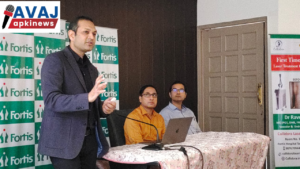
Unable to bear the pain and discomfort, PatientBediapproached Dr Ravul Jindal, Director, Vascular Surgery, Fortis Hospital Mohali,last month.
A Doppler ultrasound scan revealed impaired valves in both legs and darkening of the skin, known as Stage C2-C3, which is characterized by acute swelling around the ankles (Edema). A delay in treatment would have caused chronic ulcers in the Patient’s leg.
The team of doctors led by Dr Jindal conducted Foam Sclerotherapy and laser treatment of the diseased veinson 22nd August.
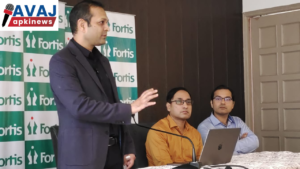
Foam Sclerotherapy is used to treat bulging varicose veins and spider veins. The Patient was discharged on the same day of the procedure and was able to walk without any support. He has recovered and leading a normal life today.
Discussing the case, Dr Jindal, said, “Varicose veins can occur in any part of the leg, but are mostly found on thighs and calves due to strenuous and long hours of continuous standing. The disease marks indication of a malfunction of venous system and should be evaluated by a vascular surgery specialist.”
Stating that varicose can be treated successfully through the latest technological advancements, Dr Jindal, added, “A wide range of advanced treatment options are available for varicose veins. The procedure is less painful and takes about 30 minutes. A patient has an early recovery and can go home within an hour of the procedure. Also, there are fewer medications and post-procedure care.”

